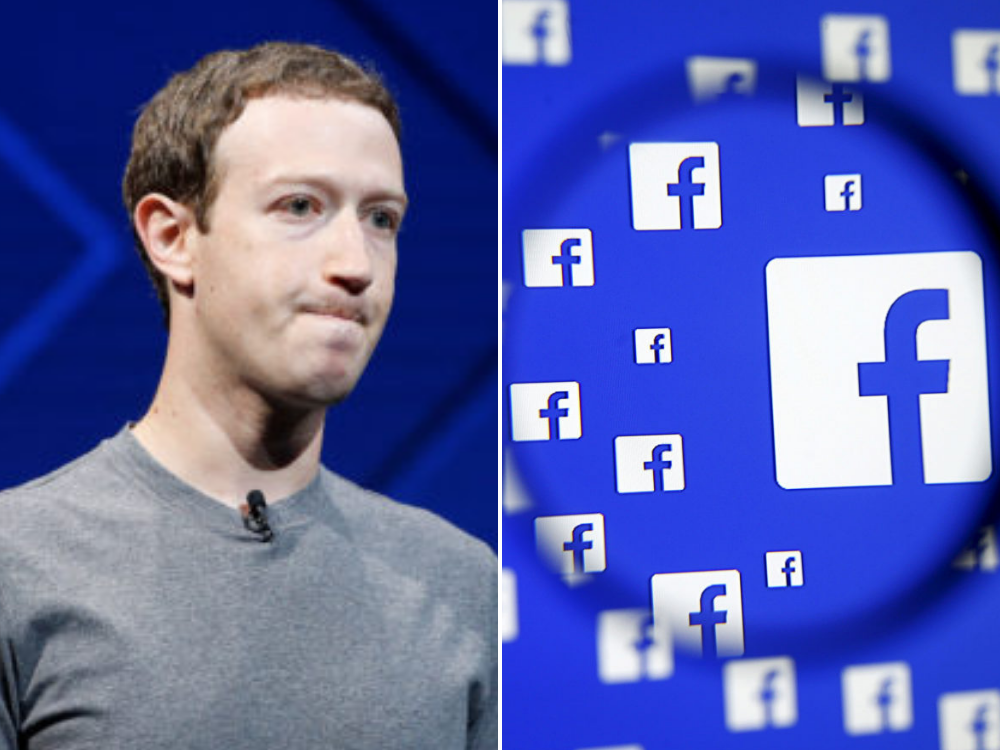
Facebook has removed 289 pages and 75 accounts it claims are linked to employees of Russian-backed news agency Sputnik which posted anti-NATO and protest movement content.
The social media giant said today that it shuttered the pages and accounts, not for the content they posted, but for “engaging in co-ordinated inauthentic behaviour as part of a network that originated in Russia”.
Removed pages, which operated in the Baltics, the Caucases, Central Asia and Central and Eastern Europe, posed as independent news and general interest pages covering weather, travel, sports and economics.
Facebook said the accounts also posted about politicians in thirteen countries, including Russia, Romania, Georgia and Estonia and spent $135,000 on advertising between October 2013 and January this year.
Almost 800,000 Facebook users followed one or more of the 364 pages and accounts linked to Sputnik employees. The pages hosted about 190 events between August 2015 and January 2019, with up to 1,200 people having expressed interest in attending at least one of them.
Facebook said it removed a further 107 Facebook pages, groups and accounts as well as 41 Instagram accounts for operating in a similar fashion in the Ukraine, following a tip-off from US law enforcement, but said it could not find a link between the two operations.
In a blog post, Facebook’s head of cybersecurity policy Nathaniel Gleicher wrote: “Despite their misrepresentations of their identities, we found that these pages and accounts were linked to employees of Sputnik, a news agency based in Moscow, and that some of the pages frequently posted about topics like anti-NATO sentiment, protest movements, and anti-corruption.”
A Facebook spokesperson said: “Today we removed multiple pages, groups and accounts that engaged in coordinated inauthentic behaviour on Facebook and Instagram.
“The two operations we found originated in Russia, and one was active in a variety of countries while the other was specific to Ukraine.”
“We didn’t find any links between these operations, but they used similar tactics by creating networks of accounts to mislead others about who they were and what they were doing.”
“We’re taking down these pages and accounts based on their behaviour, not the content they post. In these cases, the people behind this activity coordinated with one another and used fake accounts to misrepresent themselves, and that was the basis for our action.”
Facebook said it has passed the information on to US law enforcement, US Congress, “policymakers” in affected countries and other tech firms.
Accounts and pages operating in Ukraine shared local news stories and shared “characters with previous Internet Research Agency activity”, according to Facebook.
The Internet Research Agency is a so-called Russian “troll farm” believed to have interfered in the US presidential elections through the social media platform.
Some 180,000 users followed one or more Facebook pages involved in the Ukraine operation while 55,000 followed linked Instagram accounts.
While the company said no events were hosted on the pages, they did spend some $25,000 on advertising across both platforms between January and December 2018.
The news comes three months after Business Insider journalists managed to get fake political adverts “paid for” by scandal-hit Cambridge Analytica approved by Facebook in the wake of the company releasing a political advertising transparency tool in the UK.
A Sputnik spokesperson said: “The decision is clearly political in its nature and is practically censorship — seven [Facebook] pages belonging to our news hubs in neighbouring countries have been blocked.
“Sputnik editorial offices deal with news and they do it well. If this blocking is Facebook’s only reaction to the quality of the media’s work, then we have no questions, everything is clear here.
“There is still hope that common sense will prevail.”
Picture: Reuters/Stephen Lam & Reuters/Dado Ruvic
Email pged@pressgazette.co.uk to point out mistakes, provide story tips or send in a letter for publication on our "Letters Page" blog
